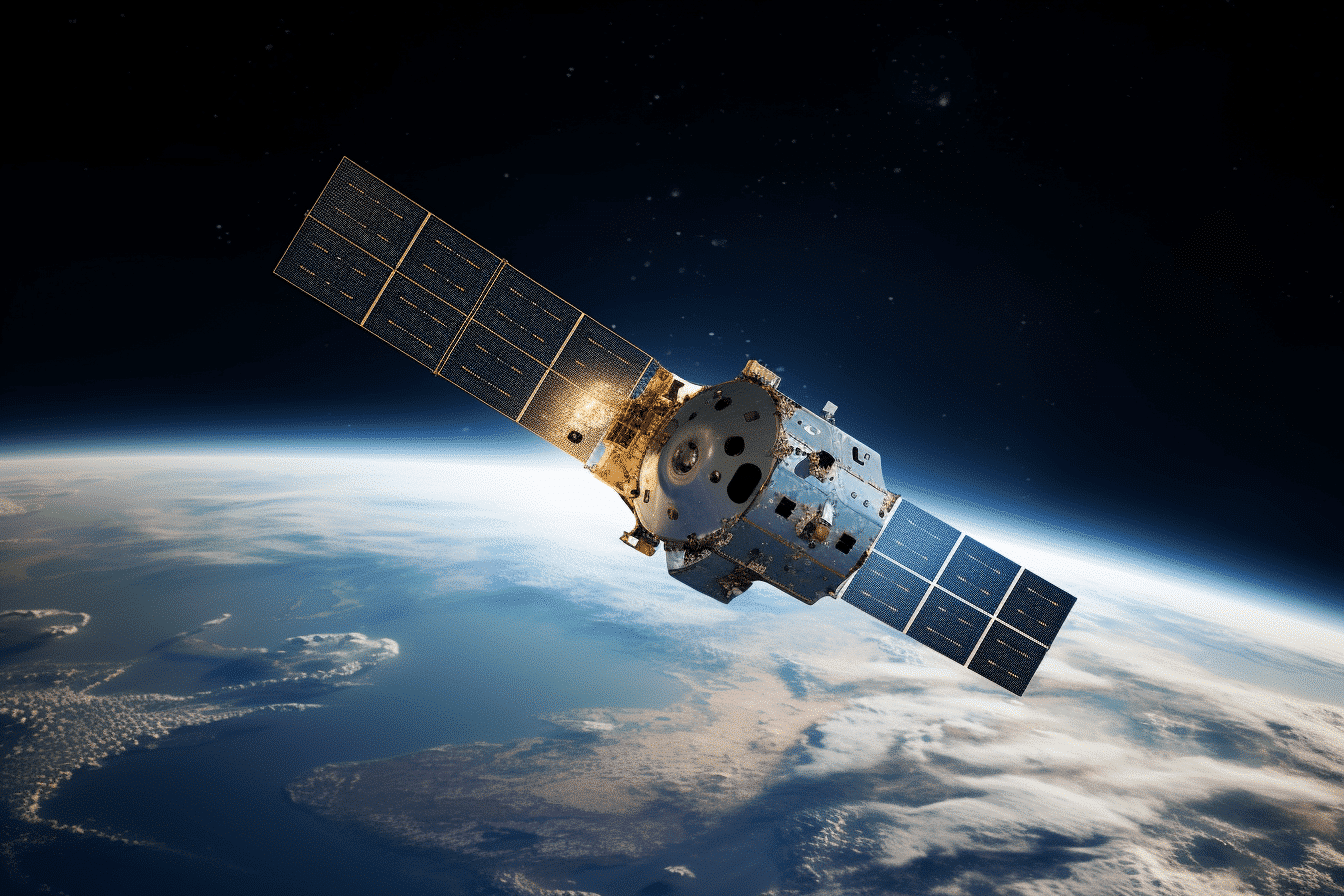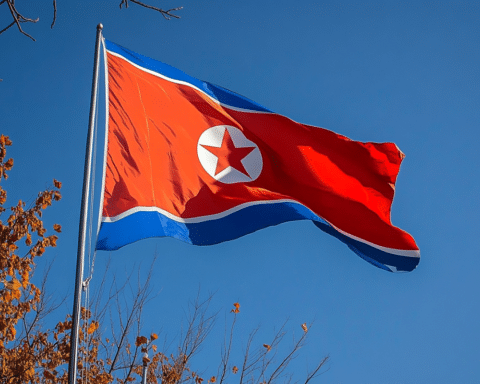South Korea’s military has confirmed that the satellite launched by North Korea, which failed to reach orbit, lacked the advanced technology necessary for conducting military reconnaissance from space. After an extensive operation involving navy ships, aircraft, and divers, the wreckage of the rocket and satellite was retrieved and studied by South Korean and U.S. experts.
In late May, North Korea attempted to launch its first spy satellite, citing the need to counter escalating security threats from South Korea and the United States. However, shortly after liftoff, the long-range rocket carrying the satellite plunged into the waters off the Korean Peninsula’s west coast. The South Korean Joint Chiefs of Staff announced the conclusion that the retrieved satellite was incapable of conducting any military reconnaissance activities.
South Korea’s announcement has yet to receive a response from North Korea. According to North Korea’s state media, the rocket experienced a loss of thrust following the separation of its first and second stages, leading to the crash on the day of the unsuccessful launch. North Korean officials subsequently criticized the failed launch as the most notable failure of the year, expressing intentions to make another attempt once the causes of the failure have been determined.
Kim Jong Un, the leader of North Korea, has stressed the significance of obtaining a military spy satellite as a means to bolster the country’s defense capabilities. In addition, he has articulated the necessity for other advanced weaponry, encompassing multi-warhead nuclear missiles, solid-fueled intercontinental ballistic missiles, and nuclear-powered submarines.
Before the unsuccessful satellite launch, North Korea had conducted a test satellite mission and shared images of South Korean cities captured from space. However, certain experts contended that these images lacked the intricacy required for effective surveillance and could solely discern prominent targets like warships or terrestrial military installations. North Korea defended the simplicity of the images, asserting that their purpose did not entail sophisticated surveillance operations.
The international community, including the United States and South Korea, criticized North Korea’s rocket launch as a security risk and a violation of UN Security Council resolutions that prohibit the country from using ballistic missile technology. However, the prospects of further sanctions appear unlikely as Russia and China, permanent members of the Security Council, oppose additional actions against North Korea.




